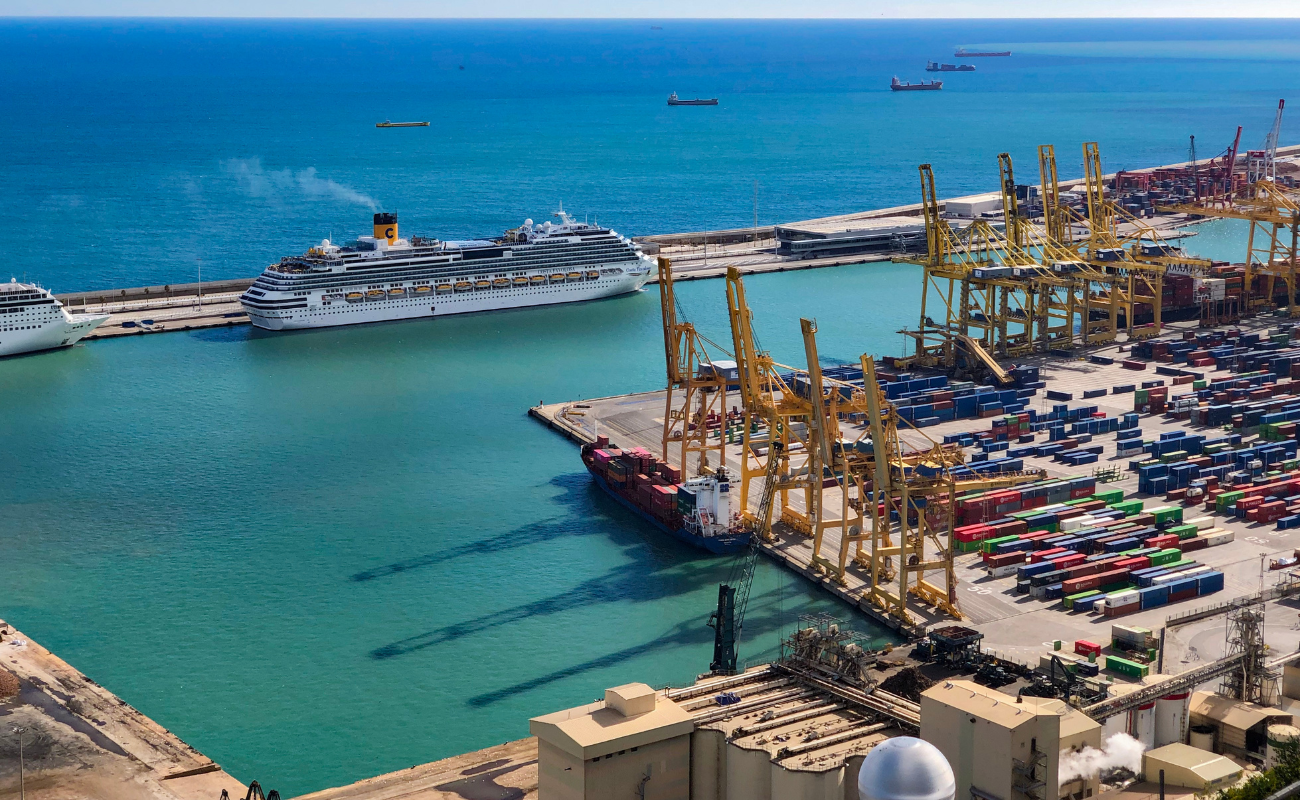
MARITIME LIENS CLAIMABLE IRRESPECTIVE OF CHANGE IN VESSEL OWNERSHIP
Vessel Ownership
July 13 2016 | Contributed by Cavus & Coskunsu Law Firm
Introduction
Following the adoption of the new Commercial Code (6102), the rules regarding the arrest of ships
for a maritime claim right were amended in line with the provisions of the International Convention
on the Arrest of Ships 1999. As a result, if the ownership of a vessel changes before a request for
arrest is made, an arrest order cannot be obtained against the new owner. This rule does not apply
for maritime liens, as they provide the owner of a legal lien with rights over the vessel; maritime liens
apply irrespective of change in the ownership of a vessel.(1)
The 11th Chamber of the Court of Appeal recently reversed an Istanbul 17th Commercial Court
decision rejecting a precautionary request for arrest of a vessel following a collision.
Facts
The dispute arose following a collision between a Turkish-flagged vessel and Bolivian-flagged vessel.
The claimant requested the precautionary arrest of the Turkish-flagged vessel for the damages
incurred in the collision. It argued that the damages provided a maritime lien right over the vessel
under Article 1320/1-e of the Commercial Code.(2)
First instance decision
The court rejected the claimant’s request to arrest the vessel on the basis of the maritime lien right. It
stated that under Article 1369/1-a,(3) the owner of the vessel at the point of the maritime lien right
arising is the owner of the vessel when the arrest is requested. The court also clarified that the vessel
in question was sold to T Maritime Ltd on March 2013 and that the former owner no longer owned
the vessel when the arrest was requested.
Court of appeal decision
The court of appeal found that the collision claim provided the claimant with a maritime lien right
under Article 1320 of the Commercial Code and that Article 1369/1-a could not be applied to a
maritime lien. According to the court:
“The party, requesting the arrest alleged that the maritime lien right arose due to the
collision. Although the court should have examined the request in accordance with article
1369/1-e of the TCC number 6102; applying article 1369/1-a where it could not be applied
in the dispute at hand required a reversal of the decision.”(4)
The court reversed the first-instance court decision and concluded that the maritime lien right could
AUTHORS
Ceren Çakir
Akgün
Burak G Çavuş
be claimed against the vessel despite the fact that the owner had changed.
Comment
The court of appeal decision is noteworthy as it draws on the new Commercial Code provision
regarding the invocation of the right of arrest of ships.
Article 1369 of the Commercial Code limits the arrest right arising from a maritime claim (Article
1352) under certain circumstances, but states that these limitations do not apply for the right
holders of maritime liens (Article 1320).
As a result, the decision provides practitioners with an insight into the court of appeal’s application
of a maritime lien and maritime claim right.
For further information on this topic please contact Ceren Çakır Akgün or Burak Gökçe Çavus at
Cavus & Coskunsu Law Firm by telephone (+90 212 245 56 02) or email (ceren.akgun@cavuscoskunsu.
com or burak@cavus-coskunsu.com). The Cavus & Coskunsu Law Firm website can be
accessed at www.cavus-coskunsu.com
Endnotes
(1) Under Article 1321/1, a maritime lien right grants the creditor a legal lien right over a vessel and
its accessories.
(2) Article 1320/1-e covers claims based on tort that arise from the physical loss or damage caused
by the operation of a vessel other than the loss of or damage to cargo, containers or passengers’
effects carried on the vessel.
(3) Under Article 1369, the precautionary arrest of a vessel following a maritime claim is possible if:
l the owner of the vessel is liable for the debt when the maritime claim is made and owns the
vessel when the precautionary arrest is executed;
l the lessee of the vessel is liable for the debt when the maritime claim is made and owns the
vessel when the precautionary arrest is executed;
l the maritime claim is guaranteed via a maritime lien, maritime mortgage or a liability in rem of
the same kind on the vessel;
l the dispute relates to the ownership or possession of the vessel; or
l a maritime lien right on the vessel is granted pursuant to Article 1320.
(4) 11th Chamber of the Court of Appeals, June 4 2016 decision (2014/1985 E-10549 K).
The materials contained on this website are for general information purposes only and are subject to the
disclaimer.





